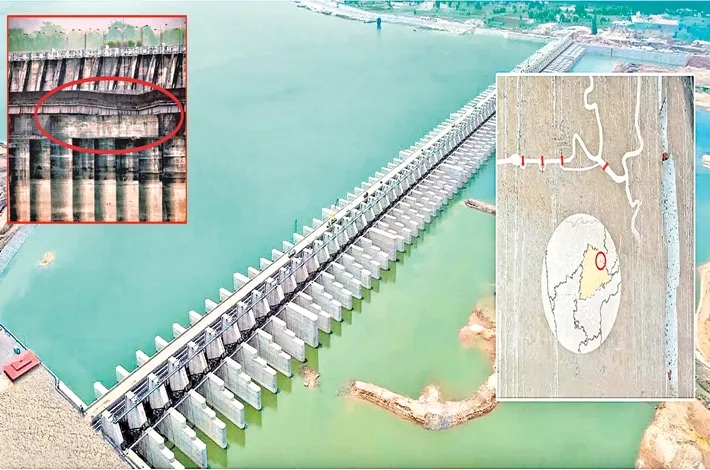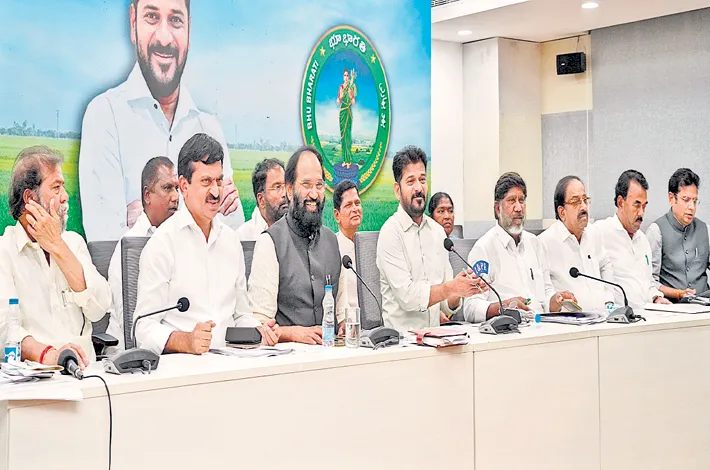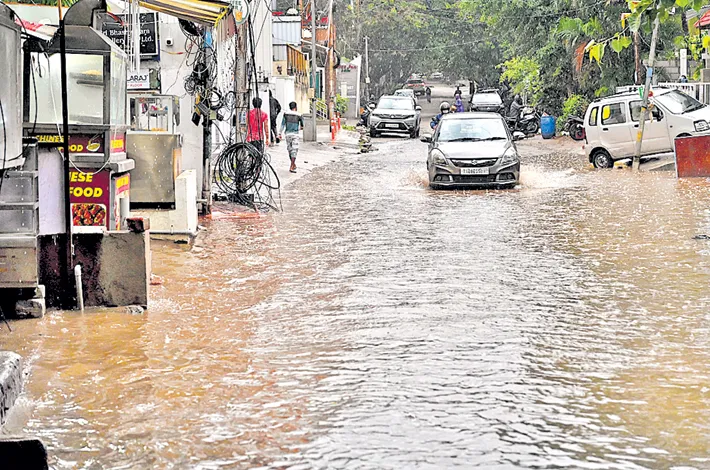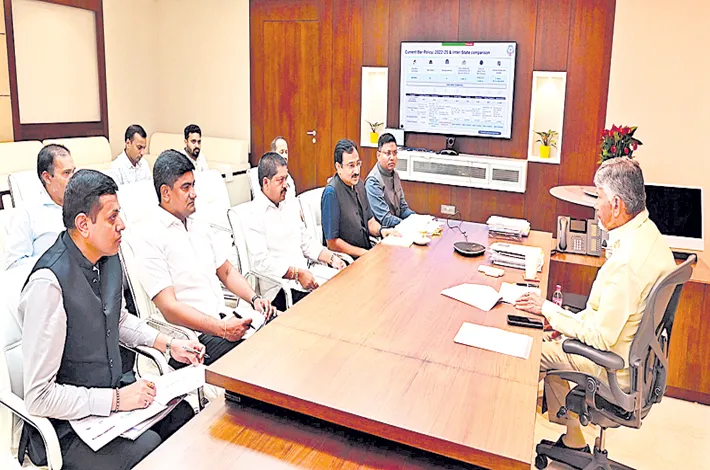A Monsoon Melody in Ranchi
05-08-2025 12:00:00 AM
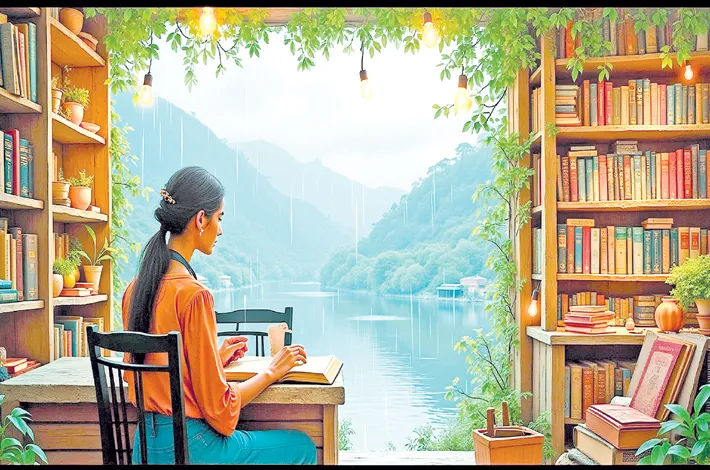
In the heart of Ranchi, where the Subarnarekha River whispered secrets to the rolling hills, the monsoon had painted the city in shades of emerald and silver. The air was thick with the scent of wet earth and blooming kadamb flowers. It was here, in a quaint bookshop tucked away on Circular Road, that Aarav first saw her.
Aarav, a lanky photographer with a penchant for capturing the fleeting beauty of Jharkhand’s landscapes, had wandered into “Pages & Petals” to escape a sudden downpour. The shop, with its creaky wooden floors and shelves brimming with dog-eared novels, felt like a sanctuary. He was flipping through a worn copy of Tagore’s poems when the bell above the door chimed, and she walked in—drenched, her cotton saree clinging to her frame, her dark eyes scanning the room like a deer in a forest.
Her name was Shreya, he later learned. She was a schoolteacher from Kanke, with a laugh that sounded like the jingle of temple bells and a love for old Hindi film songs. That day, she’d come to the bookshop to find a copy of Premchand’s Godaan for her students. Aarav, emboldened by the cozy intimacy of the rain-soaked shop, offered to help her search. Their hands brushed as they reached for the same book on a high shelf, and the spark that passed between them was brighter than the lightning outside.
They talked for hours, the rain forgotten. Shreya spoke of her students, how their dreams reminded her of the boundless skies over Ranchi’s Tagore Hill. Aarav shared stories of chasing sunsets at Hundru Falls, his camera lens catching moments he wished he could live in forever. By the time the rain stopped, they’d exchanged numbers, promising to meet again.
Over the next few weeks, Ranchi became their canvas. They met at Dassam Falls, where the water roared like their unspoken feelings, and Aarav shyly clicked a photo of Shreya, her hair adorned with a stray hibiscus flower. They strolled through Rock Garden, where the stones seemed to hum with ancient love stories, and shared plates of litti-chokha at roadside stalls, laughing over spicy morsels and stolen glances. At Nakshatra Van, under a canopy of stars, Shreya hummed “Lag Jaa Gale,” and Aarav felt his heart stutter.
But love, like Ranchi’s monsoon, was unpredictable. Shreya’s family was traditional, and whispers of her outings with Aarav reached her father, a stern retired clerk who dreamed of a “suitable” match for his daughter. One evening, as they sat by the Kanke Dam, watching the water ripple under the weight of their silence, Shreya confessed her fears. “Papa wants me to meet someone else,” she said, her voice barely above the lapping waves. “Someone with a stable job, not a dreamer who chases clouds.”
Aarav’s heart sank. His photography, though his soul’s calling, barely paid for his small flat near Firayalal Chowk. He had no grand promises to offer, only a heart that beat for her. “Do you trust me?” he asked, his voice steady despite the storm in his chest. Shreya’s eyes, glistening with unshed tears, met his. “More than I trust myself,” she whispered.
Determined to prove himself, Aarav poured his soul into his work. He spent sleepless nights editing photos for a local magazine, capturing Ranchi’s monsoons—the mist over Jonha Falls, the vibrant chaos of Morabadi’s vegetable market, the quiet reverence of Jagannath Temple. His photos began to gain attention, even catching the eye of a gallery in Delhi. But time was slipping away. Shreya’s father had set a date for her to meet the “suitable” suitor, a bank officer from Hazaribagh.
On the eve of the meeting, Aarav asked Shreya to meet him at Hudco Lake. The monsoon had softened, leaving the air crisp and the lake a mirror for the twilight sky. He carried a small album, its pages filled with photos of their moments together—Shreya laughing at a street vendor’s joke, her silhouette against the sunset at Tagore Hill, her hand holding his under the banyan tree at Nakshatra Van. The final page held a letter, written in his messy scrawl.
“Shreya,” it read, “I may not have a title or a fortune, but I have a dream—to build a life with you, to capture every smile, every tear, every monsoon that falls on us. My lens sees only you. If you’ll have me, I’ll spend my life proving I’m enough.” Shreya’s hands trembled as she read it. Tears blurred her vision, but her smile was brighter than the lanterns bobbing on the lake. “You silly man,” she said, stepping closer. “I don’t need Delhi galleries or grand promises. I just need you.” They stood there, wrapped in each other’s warmth, as fireflies danced around them. The next day, Shreya faced her father, her voice unwavering as she spoke of her love for Aarav. It wasn’t easy—there were arguments, silences, and days of tension—but Shreya’s resolve, like Ranchi’s hills, stood firm. Eventually, her father relented, moved by Aarav’s quiet determination and the light in his daughter’s eyes.
Months later, under a kadamb tree in full bloom, Aarav and Shreya exchanged garlands in a simple ceremony by the Subarnarekha. The monsoon had returned, blessing their union with a gentle drizzle. As Aarav clicked a photo of his bride, her laughter mingling with the rain, he knew he’d captured the most beautiful moment of all—a love that, like Ranchi’s rivers, would flow forever.





